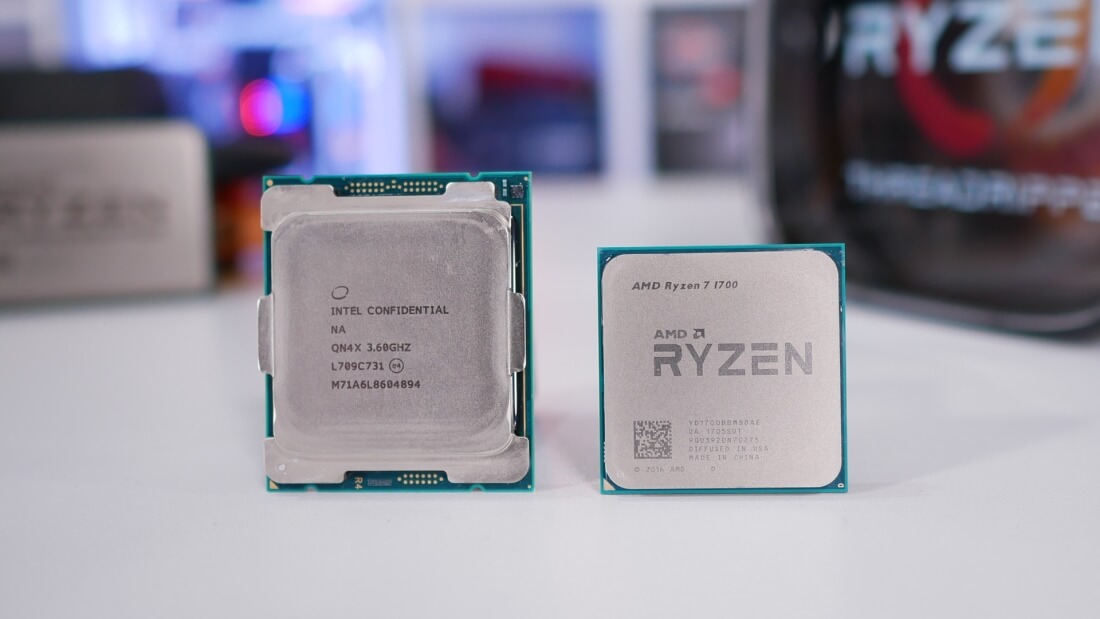Techspot doesn't seem to think so. While their initial testing did show
some areas where the i5-8400 comes out ahead of the R5 1600 at stock (
https://www.techspot.com/review/1502-intel-core-i5-8400/page5.html), there were also some areas (including some games) where the R5 came out ahead. And on the gaming side, OC'ing the R5 mostly eliminated the i5's edge (
https://www.techspot.com/review/1514-core-i5-8400-vs-overclocked-ryzen-5-1600/page6.html).
More importantly, though, the costs have switched a bit. The i5-8400 is now running more around $200USD ($10USD higher than when originally reviewed) than those initial comparisons, while the R5 1600 dropped to $190USD ($25USD
cheaper than the original comparison). And cost is still a significant factor, particularly since you're force to use Z370 motherboards for the i5. The cheapest combination is going to run you about $320USD, whether full ATX (
https://pcpartpicker.com/list/4cNqCy) or mATX (
https://pcpartpicker.com/list/y3fHPs). In contrast, going with the R5 1600 & a B350 board will cost you about $280USD for a full ATX (
https://pcpartpicker.com/list/XTrR6X0) or $250USD for a mATX (
https://pcpartpicker.com/list/DXbTRG)...& if you simply don't want to worry about overclocking at all, you can drop down to $240USD using a mATX A320 board (
https://pcpartpicker.com/list/pDjWgL).
For those that don't want to worry about the math, that means that, by choosing the R5 1600 instead of the i5-8400, you have anywhere from an extra $40USD to an extra $80 USD that you can a) use to get a better GPU, b) get a larger SSD (or add another HDD for secondary storage), c) buy an extra game or 2, or d) just save back for future purchases...while knowing that you're sacrificing little to no computing power to do so.
